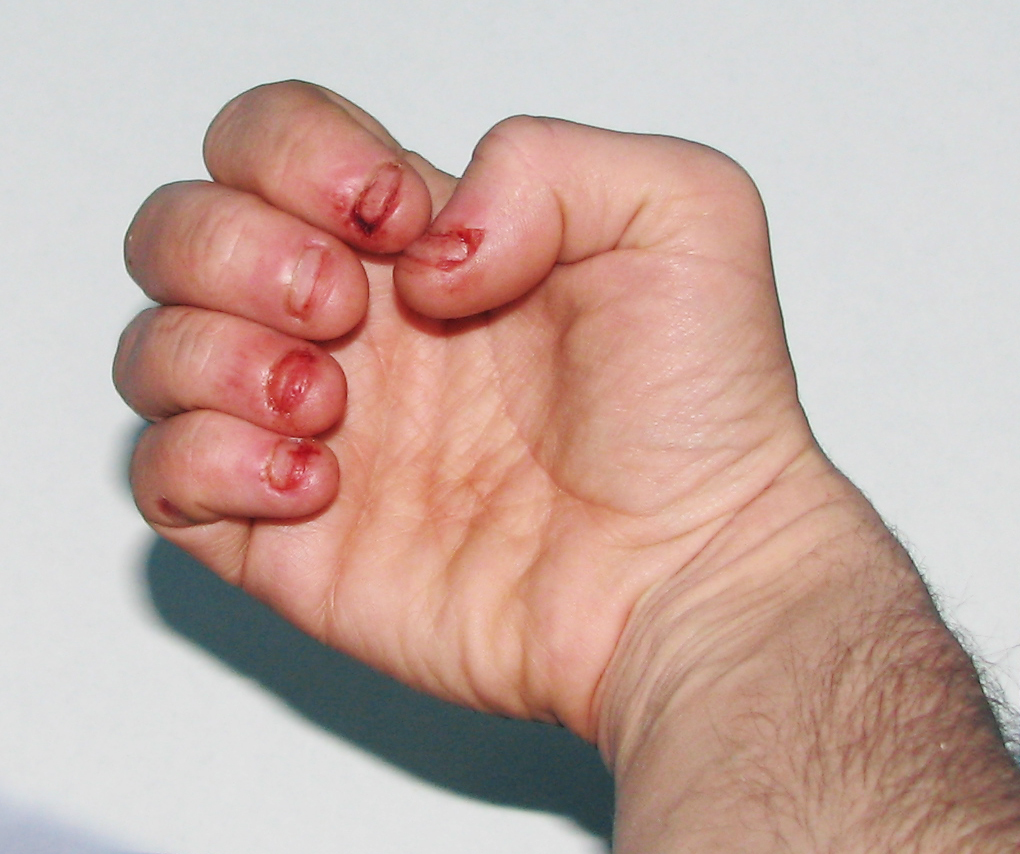Ablutophobia: what is this fear, causes, complications, diagnosis, treatment
Attention! The information is for informational purposes only and is not intended to diagnose and prescribe treatment. Always consult your specialist doctor!
Content
- What is ablutophobia?
- Causes of occurrence
- Symptoms
- Complications of ablutophobia
- Diagnostics
- Professional help for phobia
- How to overcome a phobia on your own?
What is ablutophobia?
Ablutophobia (ablutophobia), or fear of bathing, is a relatively rare but serious phobia that is more common in women and children.
Ablutophobia, like all phobias, is an anxiety disorder. Clinically, it refers to specific phobias, that is, excessive or unreasonable fear of an object or situation. Phobia can manifest itself in different ways, from fear of taking a shower to complete fear of all washing.
Some people are afraid of the washing process, but rubbing their face with a damp towel does not cause discomfort for them. Fear of washing (hand washing) is considered a type of ablutophobia. Fear can roll over when you need to shower. Some people with this disorder wash in the shower completely calmly, but taking a bath causes them to panic.
Causes of occurrence
As a rule, the first fear of bathing is manifested in childhood, when the child is afraid to swim because of too high or low water temperature, the likelihood of water getting into the ears, sore eyes from soap and etc.
Like other phobias, fear of washing can be a result of past stress. When a person washes his face with soap, he closes his eyes. If something scares him very much at that moment, there is a risk of developing a phobia. The fear of running the washing machine while doing the laundry can also be associated with a frightening moment in the past. More often women are faced with this, by nature more impressionable than men. For example, a car breakdown during washing, flooding of neighbors due to leaking water, or a minor electric shock from faulty equipment can lead to the development of fear.
Another reason for this disorder is the effect of films on the human psyche.
Some horror movie fans claim to have a shower fear after watching Alfred Hitchcock's Psycho.
Particularly susceptible people may experience fear of bathing after watching relevant horror films in which the main characters are attacked in the bathroom.
Symptoms

Fear of washing your face, washing your hands, or being afraid before showering have the same symptoms as most other phobias. In fact, a phobia is an irrational fear that manifests itself with the same symptoms, regardless of the object of the fear.
Typical mental symptoms:
- sudden panic;
- increasing anxiety;
- inability to divert attention from the subject of fear;
- confusion of consciousness;
- uncontrolled behavior.
Such symptoms appear when approaching a sink or bathtub, or at the sight of running water. In severe cases, signs can appear with the mere thought of taking a shower.
Somatic (bodily) signs of a phobia:
- increased blood pressure;
- dizziness;
- perspiration;
- chills;
- tremor;
- increased heart rate;
- convulsions.
In children, the phobia can manifest itself with sudden hysterical crying. There are cases when children fought in seizures at the sight of a bath or sink.
Complications of ablutophobia
Cleanliness and hygiene are among the top priorities of the modern world, and avoiding the daily shower can lead to the fact that you will look untidy and smell unpleasant, which is usually considered in society unacceptable.
If you don't wash regularly, this can have negative consequences, such as:
- Problems at work or school and in personal relationships
- Isolation, which can lead to social anxiety or even agoraphobia
- Higher risk of developing body image disorders
Plus, personal hygiene is the first step in preventing disease. Leaving dirt and bacteria on skin and hair for a long time can increase the risk of both common and rare diseases. This is especially true if your phobia forces you to avoid washing your hands after using the bathroom or while preparing food.
Diagnostics
A psychotherapist or psychologist can diagnose a violation and help cope with it. To establish a violation, the doctor only needs to ask a couple of questions.
Despite the seeming safety of such a phobia, it must be treated, since the fear of washing can seriously worsen a person's life. People with phobias deliberately avoid contact with the object of fear. If a bath is such an object, a person will neglect personal hygiene. At best, the patient will use wet wipes or a towel soaked in water to wash his face, at worst, he will stop monitoring the purity of his body altogether. This leads to serious problems in his personal life. In severe cases, ablutophobia can cause social maladjustment and lead to the development of other mental disorders.
Professional help for phobia
It is easier to get rid of a phobic disorder with the help of a specialist. For this purpose, medical and behavioral correction is used. Medication is rarely prescribed, and only if the patient cannot control himself. The task of the pills is to reduce nervous tension and relieve anxiety. For this purpose, tranquilizers and antipsychotics are prescribed.
Drugs in the treatment of phobia are given a secondary role. They are unsafe, can be addictive, and generally do not cure phobia, but only reduce psychosomatic manifestations of irrational fear.
Medicines should only be prescribed by a doctor. Moreover, such medicines cannot be purchased without a prescription.
The main part of the fight against phobia takes place in the psychotherapist's office. Ablutophobia is almost never treated with group therapy; the patient needs individual sessions.
First, the doctor helps to find out the causes of the phobia. As a rule, ablutophobia is rooted in deep childhood. It is important for the patient to analyze the situation that has become the impetus for the emergence of pathological fear, to work out this episode with the doctor and be able to overcome his own fear.
This is followed by either cognitive behavioral therapy or “closeness to the object of fear” therapy. In the first case, the doctor's work is aimed at changing the patient's response to water, the bathroom, washbasin and other objects that cause fear. In fact, the doctor during the session teaches the patient to contact with water and not be afraid of it.
Getting closer to the object of fear is the most effective method of dealing with a phobia. It lies in the fact that a person is gradually taught to interact with water. First, the patient is shown how other people wash their faces in a photo or video. Then, after several sessions, the person should see the washing process live. After a few more sessions, the patient can already wash his hands on his own. Work with a specialist continues until the phobia is completely overcome.
The effectiveness of such a method is more than 90%. The duration of treatment and the number of sessions depend on the severity of the phobic disorder. The cost of psychotherapy sessions depends on the clinic, the qualifications of the doctor and the region of residence.
How to overcome a phobia on your own?
You can cope with a phobia yourself. First of all, a person must become aware of his fear and understand why he needs to be dealt with. Once you find that your phobia really ruins your life, you can start fighting it.
To do this, you need to start an independent rapprochement with the object of fear. This should be done gradually. To begin with, a person should get used to washing with a damp towel. Each time, you should squeeze the towel less and less so that the remaining water flows down the skin. Gradually, this will become a habit, and a person will be able to first wash their hands, then wash their face, and then take a bath.
In severe cases, it is recommended to confide in a specialist. It is important to note that the fear approach is contraindicated in people with severe symptoms. In such cases, first, drug correction is carried out, and only then the person comes face to face with his fear.
Attention! The information is for informational purposes only and is not intended to diagnose and prescribe treatment. Always consult your specialist doctor!



